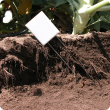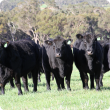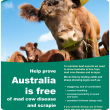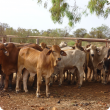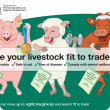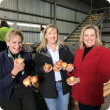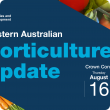Filter by regions:
- (-) Remove Mid West filter Mid West
- (-) Remove Peel filter Peel
- (-) Remove Wheatbelt filter Wheatbelt
- Great Southern (193) Apply Great Southern filter
- South West (192) Apply South West filter
- Goldfields-Esperance (186) Apply Goldfields-Esperance filter
- Perth regions (163) Apply Perth regions filter
- Gascoyne (155) Apply Gascoyne filter
- Pilbara (141) Apply Pilbara filter
- Kimberley (137) Apply Kimberley filter

